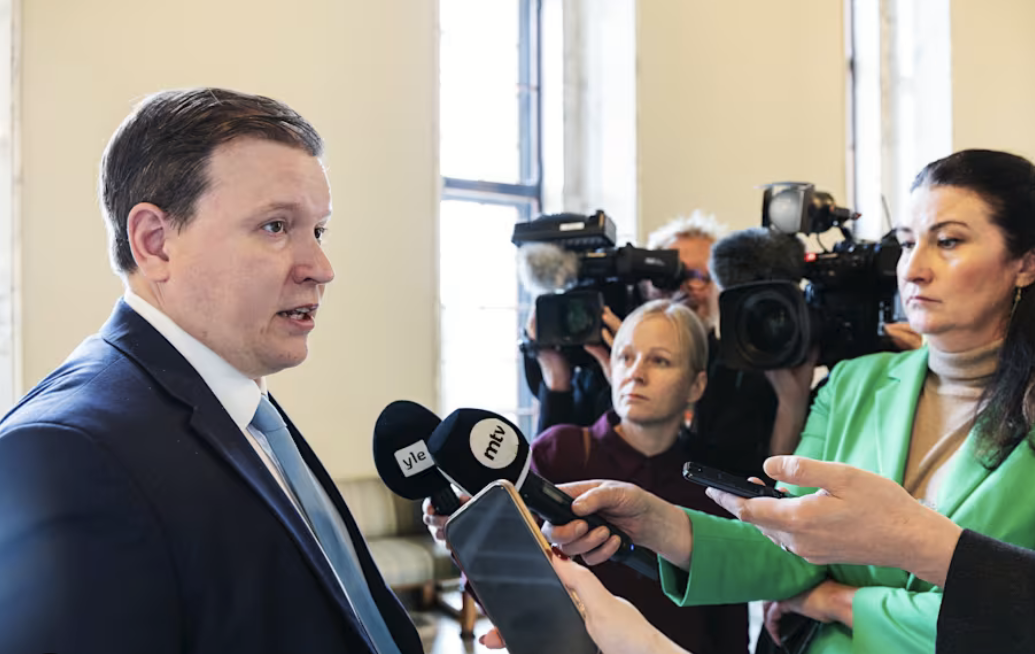Finland has suspended its long-standing bilateral cooperation program with Somalia, citing the African nation’s refusal to accept its citizens who are deported from Finland.
The announcement was made on Wednesday by Foreign Trade and Development Minister Ville Tavio (Finns Party) during a press conference. The decision affects Finland’s upcoming four-year aid program with Somalia, a partnership that dates back to the 1980s.
The suspension is a response to Somalia’s ongoing unwillingness to cooperate with Finland’s deportation policies. “It is about a few hundred people,” Tavio explained, referring to Somali nationals in Finland who lack legal residence permits. The Finnish government has repeatedly raised the issue with Somali authorities, but the situation remains unresolved.
“Returns have been possible in history, but now it doesn’t work at a sufficient level,” Tavio said, highlighting that Finland’s position on the matter has been clear to Somalia for years.
Tavio indicated that the program could be restarted if Somalia agrees to accept its deported citizens. “If we start from the assumption that there are rational actors in Somalia, then I believe this would be a good deal for them — to receive support from us for the development of their society in return for taking back their own citizens,” Tavio said.
The Somali administration, however, was not informed in advance of the suspension. The news was first shared publicly at the press conference.
Tavio emphasized that the decision is about fairness and adherence to immigration laws. “The Somali diaspora in Finland is quite large. I consider it a matter of justice that one cannot stay in the country illegally without a residence permit,” he stated.
There are over 20,000 Finnish citizens of Somali background currently living in Finland, according to Helsingin Sanomat.
When asked whether cutting development aid might lead to increased migration from Somalia, the Finnish minister dismissed the notion. “It is often used as an argument that the number of migrants could be curbed with development aid. I don’t see it that way myself. Our development cooperation money is so small in the big picture that giving it or taking it away has no direct effect on migration,” he explained. Instead, he suggested that broader European migration policies play a more significant role in influencing migration trends.
Somalia has been a partner country in Finland’s development cooperation for decades, with programs focusing on education, health, and infrastructure development. However, Finland’s decision highlights growing tensions between developed nations and recipients over migration and deportation policies.






